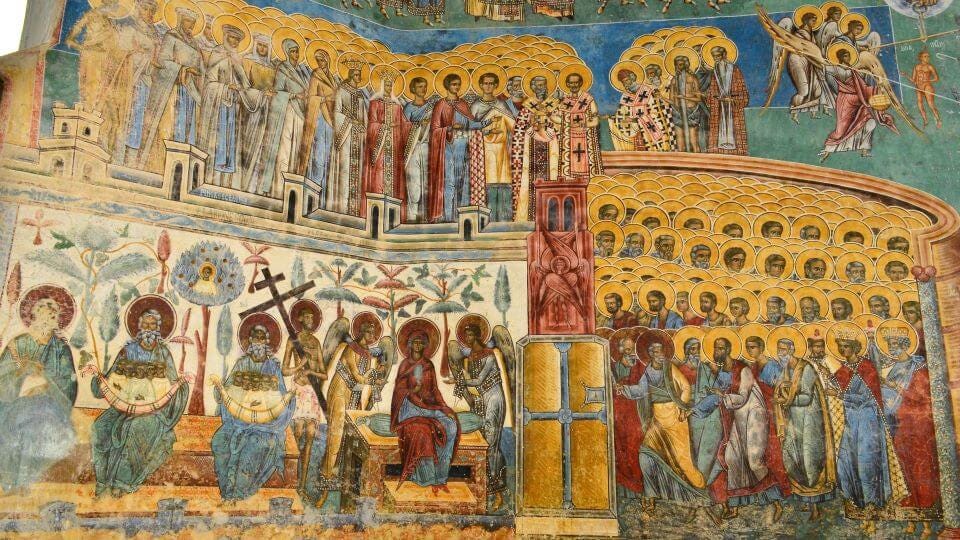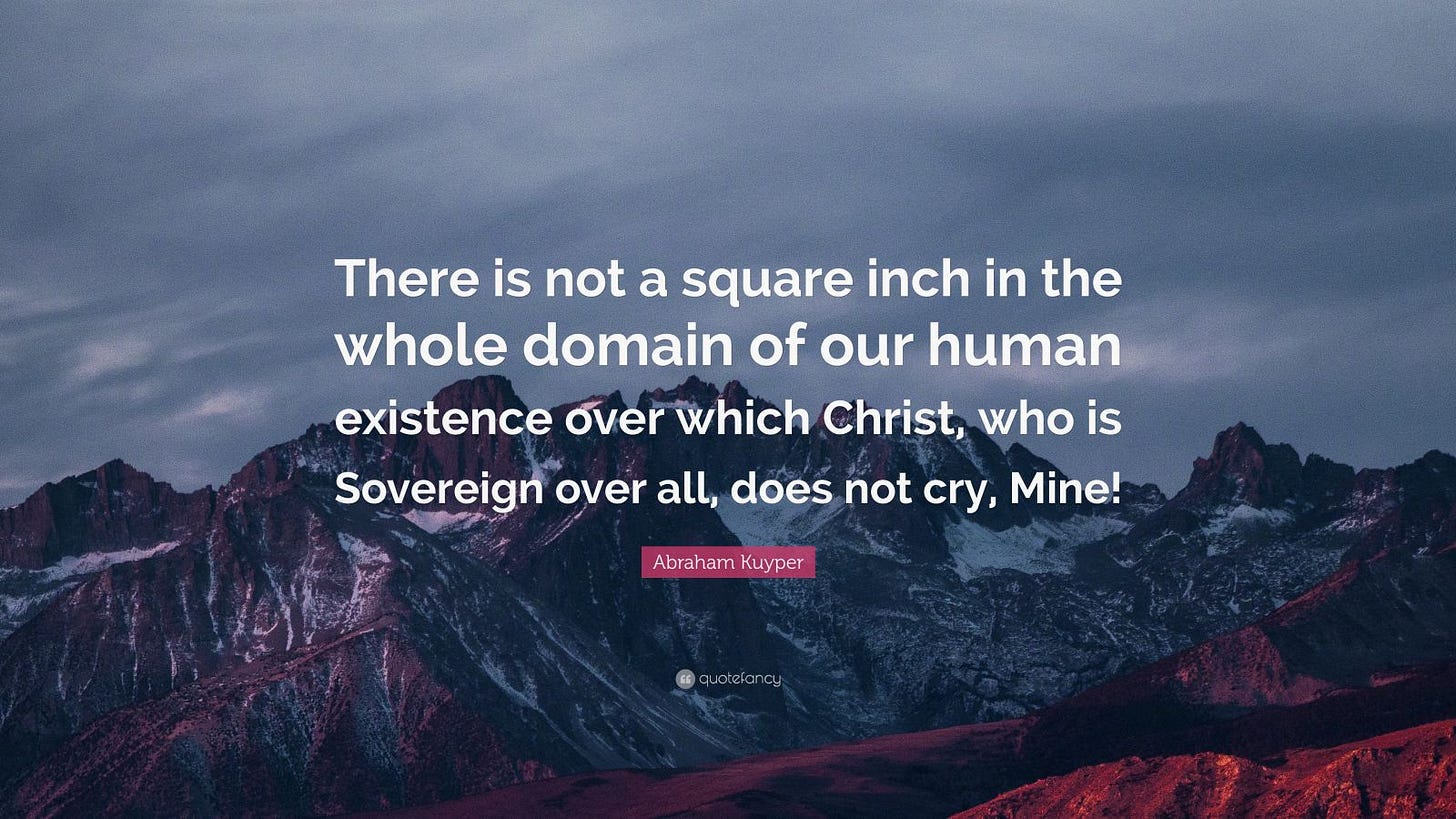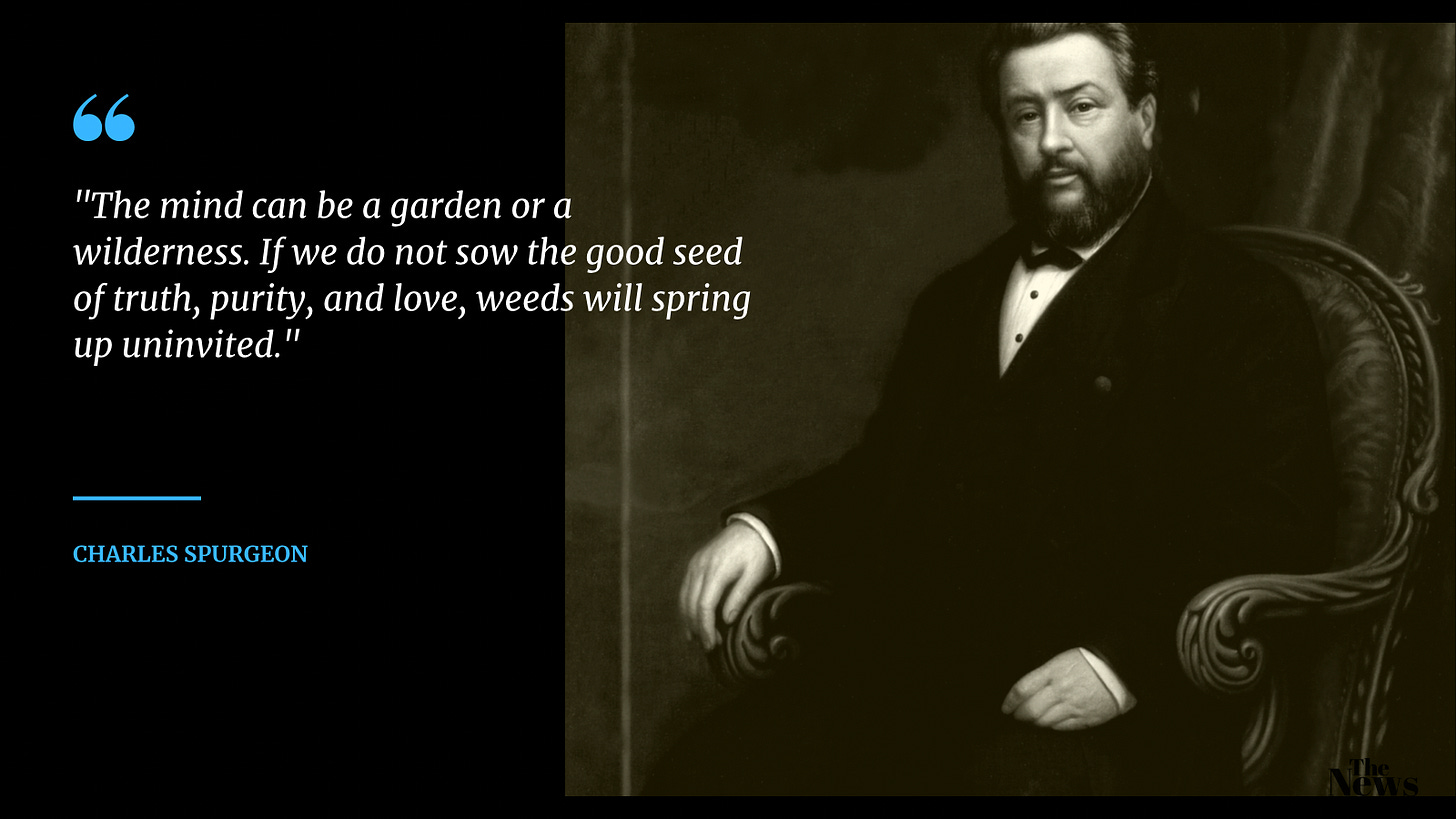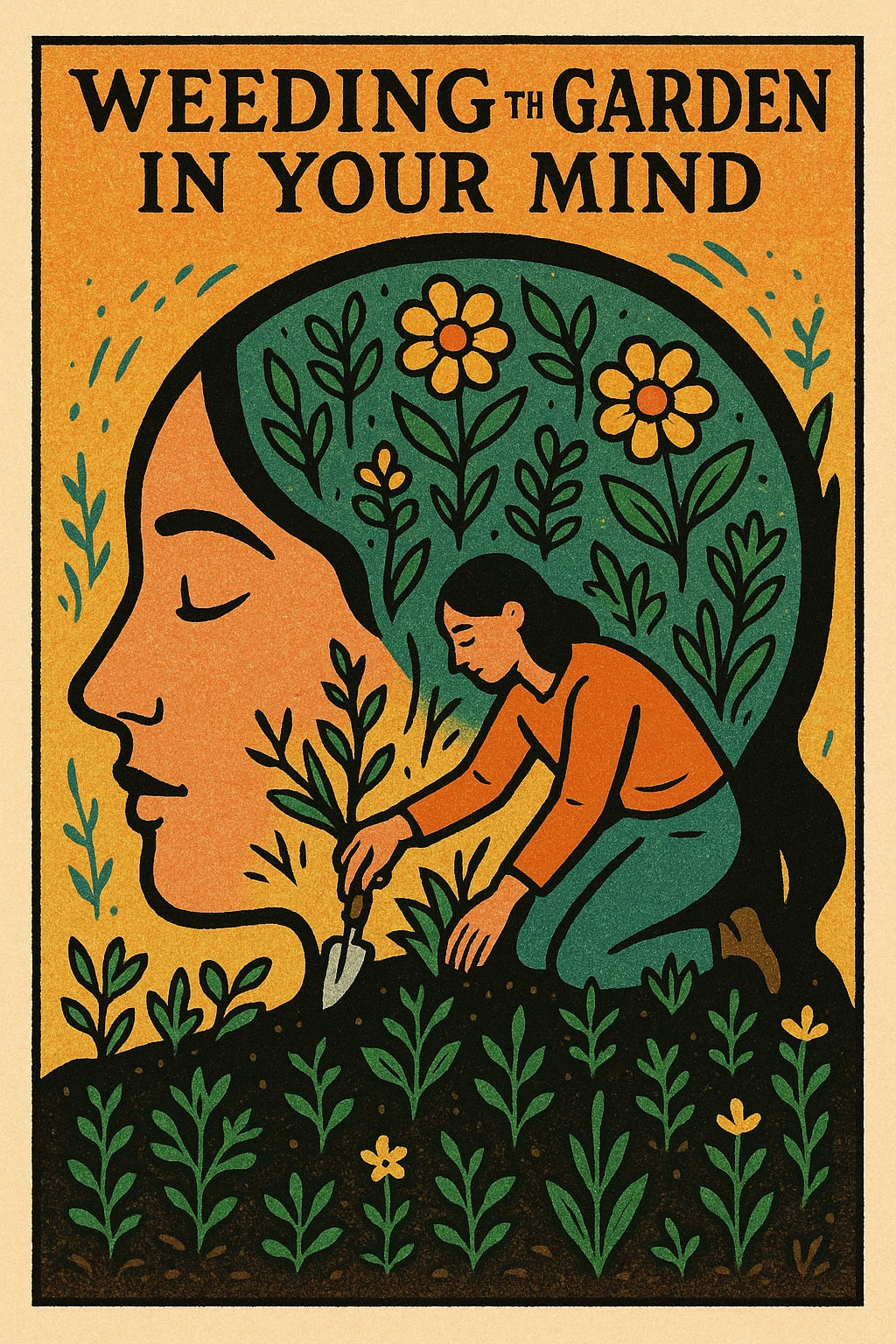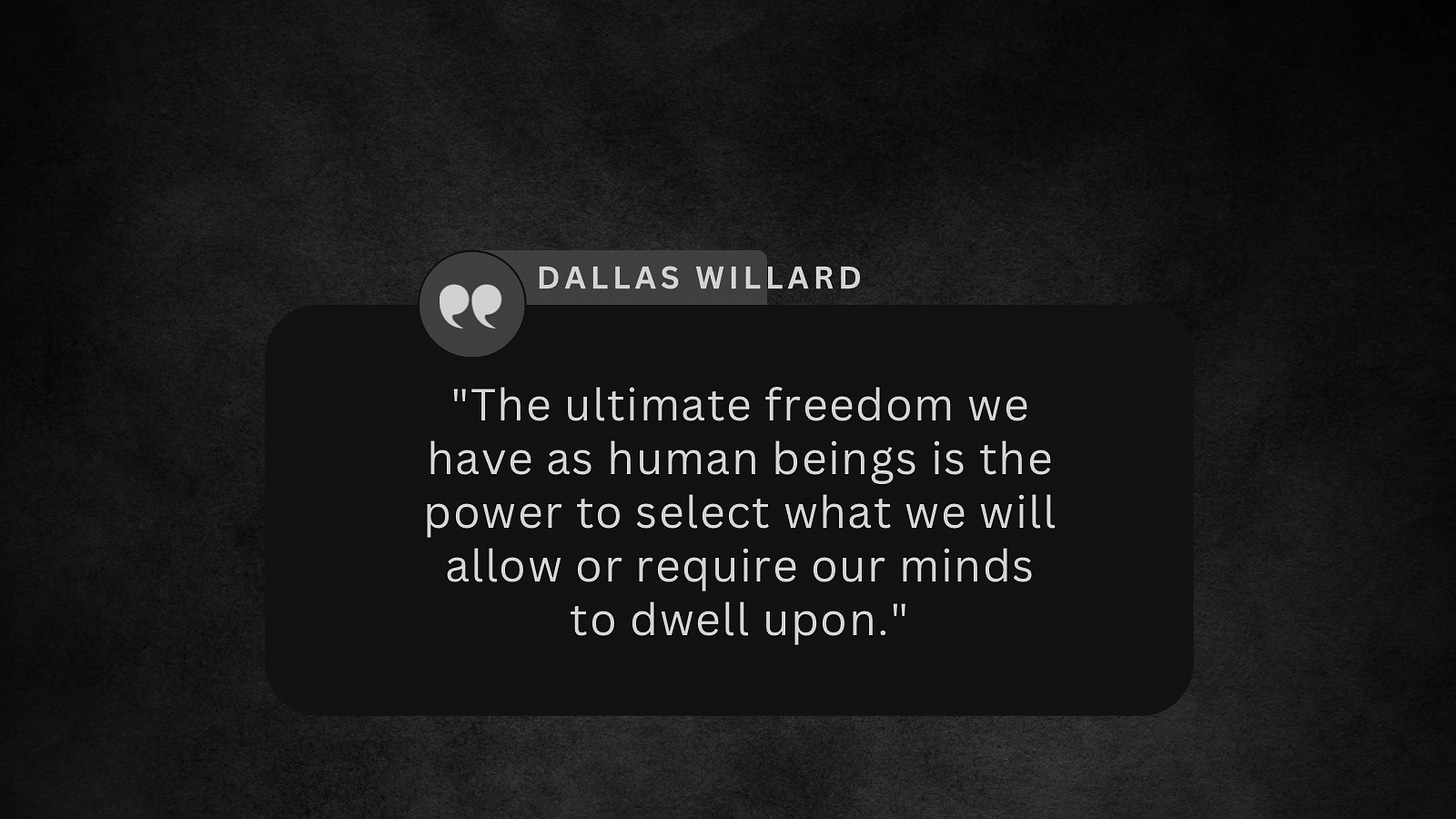A Thankful Heart
a sermon reflection on 1 Thessalonians 5:18
This is the second of two sermon reflections for Sunday October 12th. This essay describes Pastor Jeremy Macdonald’s thanksgiving sermon.
If you appreciate these sermon reflections or any of my writing, please feel free to drop a tip in the tip jar, aka Buy Me a Coffee! Much appreciated.
Image: The painted church of Voronet is famous for its dominant blue color, the so-called Voronet blue, and for the Last Judgement fresco on the western wall. The exterior walls of the Voronet monastery were painted in 1547, at the commandment of Voivode Petru Rares, the son of Stephen the Great. via Transylvanian Tours.
1 Thessalonians 5:18 :: 18 Be thankful in all circumstances, for this is God’s will for you who belong to Christ Jesus.
Pastor Jeremy opens his sermon by talking about loss and how G-d often balances that loss with grace and blessings of discovery. I’ve spent lots of time recently watching Fr. John Behr theology lectures, and he often teaches of earthly life as a kind of death and of death as true life. So, the loved one we’ve lost have found life in Jesus on the other side of the veil. Maybe we could think of G-d’a cosmos as a kind of lost and found.
Pastor Jeremy mentions autumn, reminding us that the lovely autumn colours signify death—the dying of summer season. He talks about a recent fishing trip he took with his dad to the island. The captain of the boat explained to Pastor Jeremy that maintaining the boat entails flushing the boat engine, lifting it out of the water to flush it clean of dirt and barnacles. What if we could see gratitude as a cleansing of the heart? What if we could see thanksgiving as a way to flush our cynicism and bitterness and resentments that cloud and dirty the heart? Personally, I see gratitude as a “bronchodilator” for the nervous system — an act that clears our nervous system and resets our fight and flight system.
Today’s verse, from Paul’s first letter to the Thessalonians, tells us to give thanks in ALL circumstances. That means when stuff feels crappy and awful. It means when stuff really rocks. Whatever we focus on grows. We have brains that have evolved to keep us safe— it means we frequently see what’s wrong first before we see what’s right. It takes work to see the positive. Complaining and grumbling comes easily to us. In Romans 1:21, Paul writes about the wicked who suppress the truth. Yes, they knew God, but they wouldn’t worship him as God or even give him thanks. And they began to think up foolish ideas of what God was like. As a result, their minds became dark and confused.
When we turn away from Gd we lose touch with gratitude and joy. we often meet people who deny G-d even when stepped in the glory of creation. As Abraham Kuypers said, the entire domain of our human existence belongs to Jesus.
Pastor Jeremy reminds us the Israelites, who fell into grumbling and complaint after their deliverance from Egypt. They got tired of the manna from G-d. In the story of Adam and Eve, despite having a whole garden, they chose to pick the fruit from the forbidden tree.
We get so locked into present experience of hardship that we miss the hope ahead, we miss out the goodness of G-d. We tend to focus on what we don’t have, rather than have gratitude for what we have before us. Failure to engage gratitude and give thanks stems from a lack of faith in G-d. We don’t feel satisfied, we want more.
Sin corrupts the human heart, like leaven spreads through dough. 2 Timothy 3:2-5 remind us of how people behave in difficult times.
2 For people will love only themselves and their money. They will be boastful and proud, scoffing at God, disobedient to their parents, and ungrateful. They will consider nothing sacred. 3 They will be unloving and unforgiving; they will slander others and have no self-control. They will be cruel and hate what is good. 4 They will betray their friends, be reckless, be puffed up with pride, and love pleasure rather than God. 5 They will act religious, but they will reject the power that could make them godly. Stay away from people like that!
Gd wills us to see the good and beautiful in the midst of our trials. Pastor Jeremy mentions three ways we can cultivate gratitude:
Grace in the Heart
Truth in the Mind
Peace in Our Community
1 John 3:1 urges us to “see how very much our Father loves us, for he calls us his children, and that is what we are!” Pastor Jeremy tells us about a song he plays at home when his kids get grumpy, it’s called I’m so blessed and it’s by Cain.
Reader, remember your blessings always. Remember you’re a child of G-d. In Ps 107:1 the psalmist writes, “give thanks to the Lord, for he is good! His faithful love endures forever.” Gratitude and thanksgiving call us to engage a recalibration of mind, they call us to rise above the worldly minutiae, as Paul writes in Romans 12:2. “Don’t copy the behaviour and customs of this world, but let God transform you into a new person by changing the way you think.”
In Philippians 4:8-9, which Paul writes from prison, he urges the Philippians to think about goodness of Gd reflected in the world.
8 And now, dear brothers and sisters, one final thing. Fix your thoughts on what is true, and honorable, and right, and pure, and lovely, and admirable. Think about things that are excellent and worthy of praise. 9 Keep putting into practice all you learned and received from me—everything you heard from me and saw me doing. Then the God of peace will be with you.
G-d rewires our mind. What we focus on grows. So, whilst our culture tries to turn our focus onto dishonour, we must make ourselves Joy Rebels and focus on honour—think more about what’s the right thing to do. We must cut out things that steal our peace. We must guard our mind and heart. We must reset our perspective, and once in a while, pause to think about our thoughts.
Charles Spurgeon said the mind can be a garden or a wilderness, meaning we can make our mind a beautiful fruitful landscape, or a hostile and barren one, rife with thorns and weeds. Like a good gardener, we must take the time to prune our thoughts and guide their growth in healthy ways. Negativity and cynicism and bitterness latch onto us and root into our hearts like weeds with strong root systems. They harden our hearts and obscure our vision of G-d and darken our view of those around us. Reader, out of the heart the mouth speaks. How is your heart?
Ephesians 5:18-21 reminds us to make healthy life choices, to make the most of every opportunity, to consider what’s right in the eyes of G-d.
18 Don’t be drunk with wine, because that will ruin your life. Instead, be filled with the Holy Spirit, 19 singing psalms and hymns and spiritual songs among yourselves, and making music to the Lord in your hearts. 20 And give thanks for everything to God the Father in the name of our Lord Jesus Christ. 21 And further, submit to one another out of reverence for Christ.
The ultimately free individual knows that s/he must take responsibility for the choice of what and whom and where s/he focuses thoughts!
Thinking now about community—why do we start off church service with praise and worship? Because it softens our hearts! Music engages neural circuitry across the brain, for that reason it provides a great opportunity to rewrite and reset our brains. Music heals, literally.
People need encouragement and appreciation. In a world rife with brokenness and bitterness and suffering, more than ever we must engage gratitude and thanksgiving in order to build our resilience and strengthen our communities. Encouragement feeds community and helps it grow. Tell people how much you value them.



